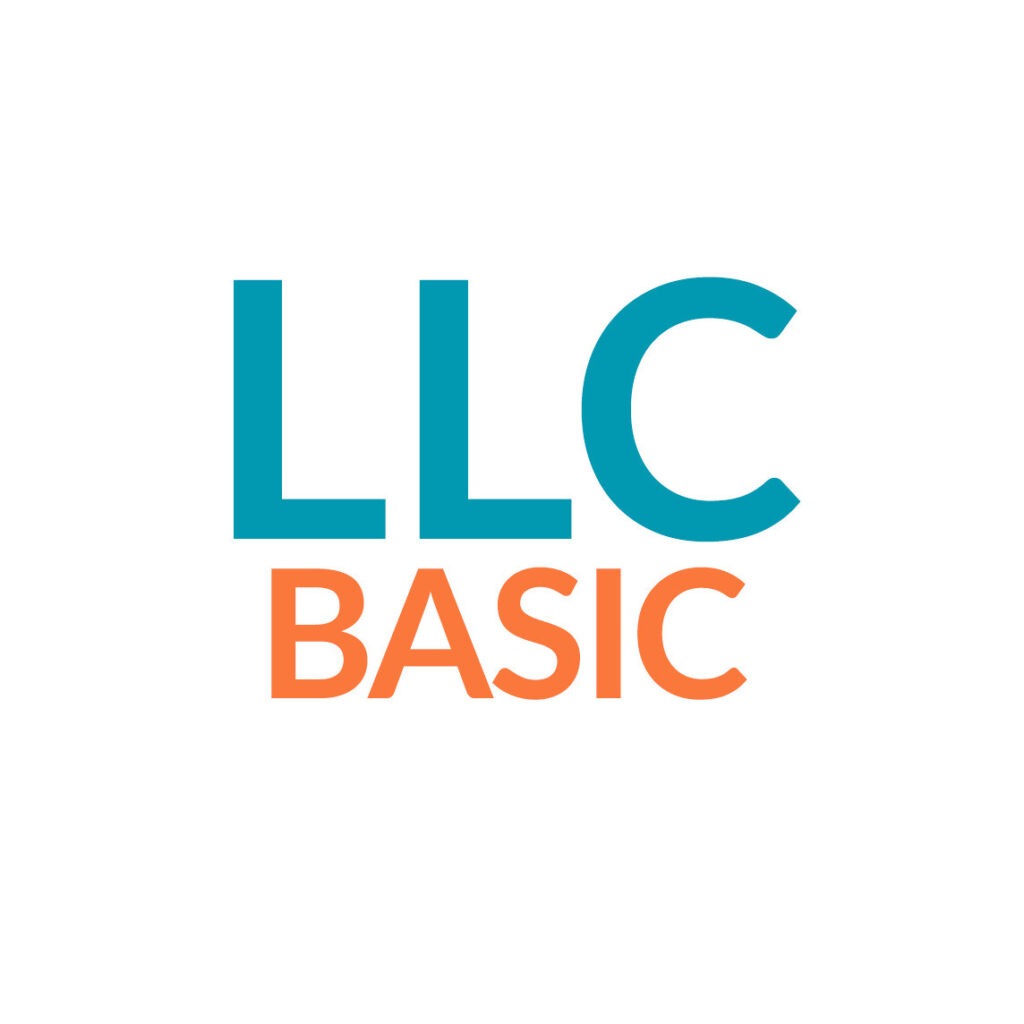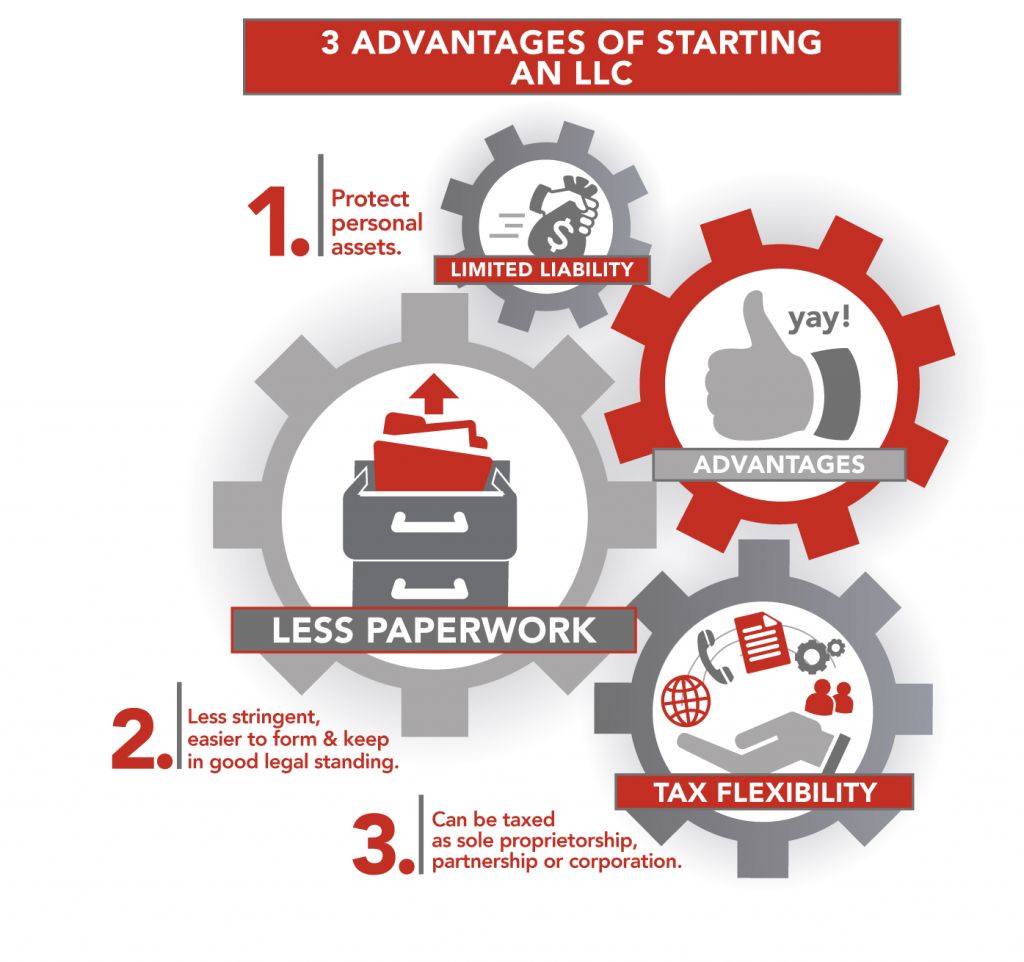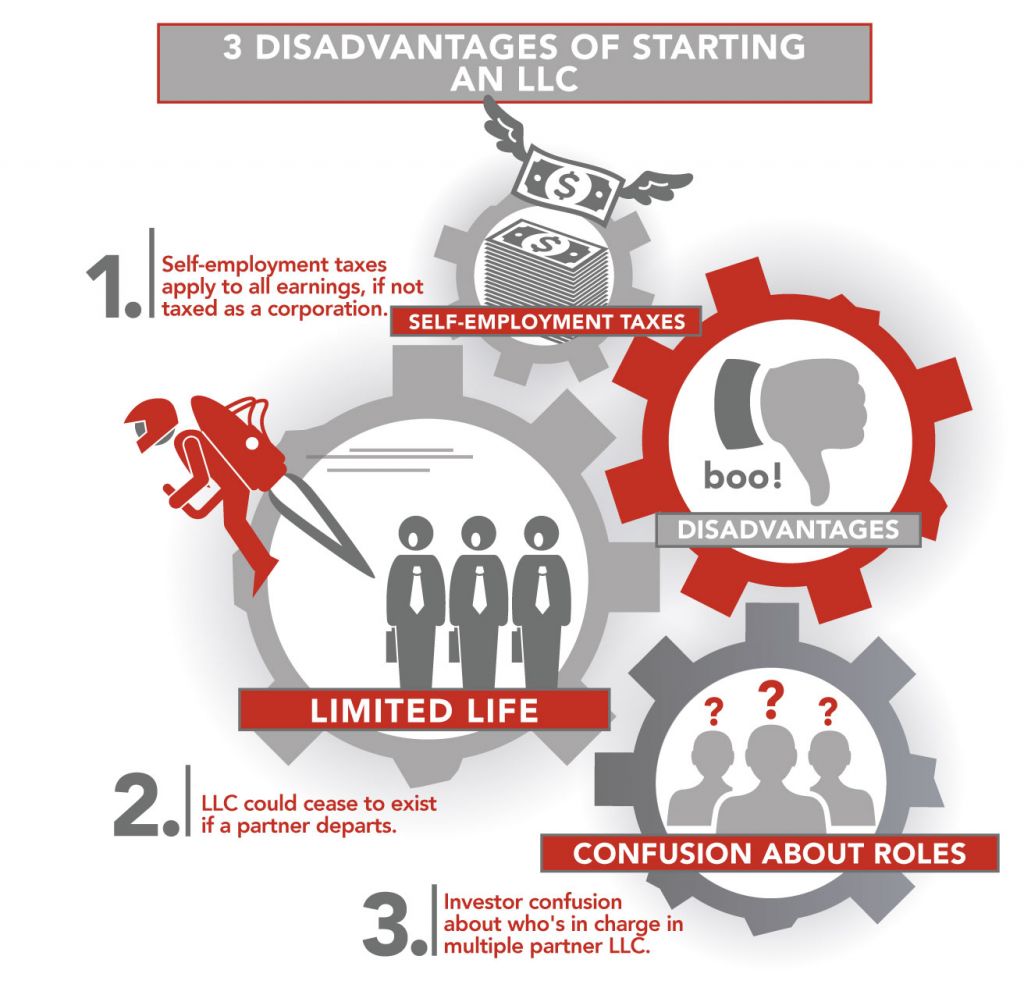
In the ever-evolving world of web development, where innovation and technology intersect, establishing a robust foundation becomes an imperative cornerstone. Despite the whirlwind of creativity and technological advancement, the significance of legal structuring often remains understated. However, the establishment of a Limited Liability Company (LLC) transcends the realms of a mere legal prerequisite. LLC Benefits embodies a strategic move that exerts a far-reaching influence, profoundly impacting your web development firm in multiple ways.
LLC Basics
A Limited Liability Company (LLC) stands as a harmonious blend, merging the liability protection characteristic of a corporation. It combines this with the flexibility and simplicity inherent in a partnership. Its fundamental premise lies in safeguarding its owners (members) from personal liability for the company’s debts or obligations. This presents a shield that sole proprietorships and partnerships lack.

To lay the groundwork for an LLC, the typical process involves the filing of articles of organization with the state and the payment of requisite fees. While the specific regulations governing LLCs may diverge across different states, the core principles and advantages of this business structure remain universally applicable.
Need for LLC in a Web Development Firm

For web development firms navigating the intricate maze of technological innovation, the importance of an LLC cannot be overstated. In an industry characterized by the rapid evolution of technology and the intricacies of intellectual property, the protective mantle an LLC extends against potential risks becomes an indispensable asset.
Web development businesses frequently grapple with sensitive client data, intricate coding structures, and intricate contractual obligations, thereby elevating the necessity for legal protection.
FURTHER READING: |
1. 30 Web Development Blogs You Should Follow Right Now! |
2. Top 10 Front End Frameworks for Modern Web Development |
3. What Are the Best React Native App Examples? |
LLC Benefits for a Web Development Firm

LLC provides the following benefits:
- Limited Liability: Shielding Personal Assets: The foremost benefit an LLC offers lies in the segregation of personal assets from business liabilities. In an industry where legal disputes over intellectual property rights or client conflicts can arise unexpectedly, this demarcation acts as a robust barrier, shielding the personal wealth of members from potential business liabilities.
- Tax Flexibility: LLCs typically enjoy the privilege of pass-through taxation, where profits and losses flow directly to the members’ personal tax returns. This tax framework circumvents the specter of double taxation often associated with corporations, furnishing flexibility in structuring tax implications to the advantage of the members.
- Credibility and Professionalism: Operating under the banner of an LLC often confers credibility to a web development firm. Clients, investors, and business associates frequently regard an LLC as a more established and trustworthy entity, fostering enhanced business relationships and opening doors to more lucrative opportunities.
- Operational Flexibility: LLCs offer operational flexibility in the case of management structure. Whether opting for a member-managed or manager-managed setup, firms can tailor their organizational structure to align with their unique operational requirements, thereby enhancing operational efficiency and adaptability.
- Ease of Compliance: In comparison to corporations, LLCs generally contend with fewer formalities and ongoing compliance requirements. This streamlined administrative process liberates time and resources, enabling firms to channel their efforts more effectively into core business activities and innovation.
Steps to Form an LLC for a Web Development Firm
Forming an LLC (Limited Liability Company) for a web development firm involves several steps to legally establish your business entity while protecting personal assets. Here’s a comprehensive guide:
1. Research and Plan:
- Name Your LLC: Choose a unique name that complies with your state’s LLC naming requirements.
- Check Availability: Ensure the name isn’t already taken by searching your state’s business entity database. For instance, if you are forming an LLC in New York, check New York’s database for name availability.
2. Choose a Registered Agent:
Select an individual or service responsible for receiving legal documents on behalf of the LLC. You can also choose to be your own registered agent. This is possible if you can be physically present in the state where you form your LLC.
3. File Articles of Organization:
Submit this document to the state’s Secretary of State office. Include information like LLC name, address, registered agent, and purpose.
4. Obtain an EIN:
Apply for an Employer Identification Number (EIN) from the IRS. This is essential for tax purposes and hiring employees.
5. Create an Operating Agreement:
While not mandatory in all states, it’s beneficial to have this document outlining ownership, management structure, and operating procedures.
6. Comply with State Requirements:
Some states might have additional requirements or taxes for LLCs. Research and adhere to these regulations.
7. File Necessary Permits and Licenses:
Depending on your location and the nature of your business, acquire relevant permits and licenses.
8. Separate Business and Personal Finances:
Open a business bank account to keep finances separate, helping maintain limited liability protection.
Additional Tips:
- Stay Updated: Laws and regulations change, so stay informed about any alterations impacting your LLC.
- Maintain Records: Keep detailed records of meetings, financial transactions, and important documents for legal and tax purposes.
Drawbacks of LLC for a Web Development Firm

However, amidst the myriad advantages, LLCs do pose certain limitations that you should be aware of:
- Costs and Complexity: The establishment of an LLC involves costs encompassing formation fees and ongoing compliance expenditures, potentially surpassing those associated with other business structures like sole proprietorships. The intricate paperwork and legal requirements might pose challenges for some.
- State-specific Regulations: Each state bears its unique set of regulations governing LLCs. This can lead to potential complexities when operating across multiple states. Navigating diverse state laws can amplify administrative burdens and escalate legal costs.
- Limited Growth Options: In contrast to corporations, LLCs might encounter constraints when seeking external investment or issuing stock options to employees. This could potentially impede rapid scalability or the ability to attract certain types of investors.
Legal Considerations
Before embarking on the path to LLC formation, seeking counsel from legal and financial experts becomes indispensable. These professionals wield the expertise to provide guidance on specific state requirements, navigate the labyrinth of tax implications, and ensure unwavering compliance with local regulations.
The drafting of a meticulous operating agreement stands as a backbone delineating the firm’s structural framework, ownership percentages, decision-making protocols, and dispute resolution mechanisms.
Conclution
In the dynamic domain of web development, the reinforcement of legal fortifications stands as a pivotal necessity. The establishment of an LLC transcends the realm of safeguarding against liabilities; it embodies a paradigm shift, endowing your web development firm with a fortified bastion.
Embracing the LLC structure could serve as a strategic lever, propelling your firm toward sustained growth and triumphant success in the fiercely competitive digital landscape






Read more topics





























































